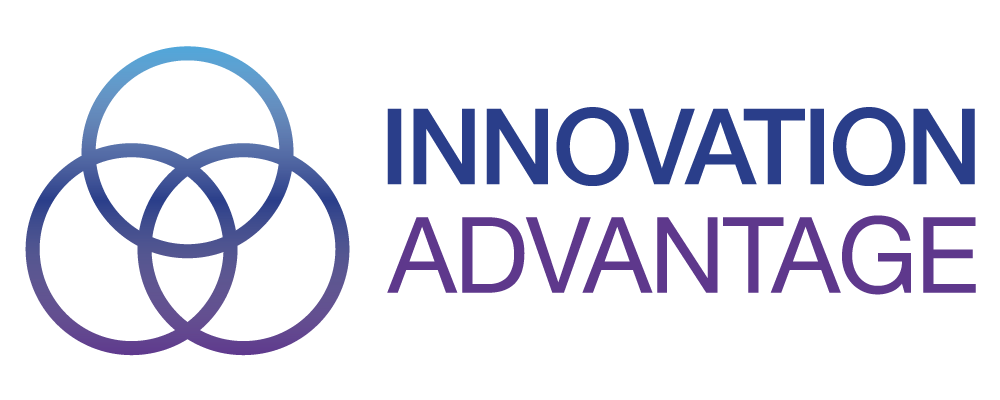The Importance of Ongoing Education in Nursing Career Development
In the dynamic landscape of healthcare, nurses play an irreplaceable role in ensuring patient well-being and recovery. With their unwavering dedication and tireless commitment, nurses are often referred to as the heart of healthcare. To maintain the high standards of patient care, it is vital to provide nurses with opportunities for continuing education and professional development. In this blog post, we will explore the importance of continuous learning for nurses and how it positively impacts patient outcomes and the healthcare industry as a whole.
Enhancing Knowledge and Skills
Continuing education allows nurses to increase their knowledge and skills beyond their initial training, ensuring they stay current with the latest advancements in medical science and technology. The healthcare field is constantly evolving, with new treatments, procedures, and technologies being introduced regularly. By participating in professional development programs, nurses can acquire up-to-date information, allowing them to provide the best possible care to patients. It’s also a great way to increase your nurses versatility.
Adapting to Technological Advancements
Recently, the healthcare industry has experienced rapid technological advancements that have changed patient care. From electronic health records to telemedicine, technology has become an integral part of modern healthcare. Continuous education helps nurses embrace and utilize these technological innovations to their fullest potential. By being proficient in using new technologies, nurses can streamline workflows, enhance communication, and improve patient outcomes.
Fostering Critical Thinking and Problem-Solving
Ongoing professional education not only imparts new information but also nurtures critical thinking and problem-solving abilities in nurses. As they encounter complex medical cases and challenging situations, these skills become invaluable. Nurses who are adept at critical thinking can quickly assess situations more effectively, identify the root causes of problems, and begin to consider solutions. This, in turn, contributes to a more efficient and responsive healthcare system.
Supporting Evidence-Based Practice
Continuing education emphasizes evidence-based practice, wherein nursing decisions are driven by scientific research and best practices. By integrating evidence-based approaches into their daily routines, nurses can ensure that patient care is grounded in the most reliable and effective care delivery methods available. This strengthens the credibility of the healthcare industry as a whole and leads to better patient outcomes.
Improving Patient Outcomes
The knowledge and skills gained through continuing education translate directly to improved patient outcomes. Nurses who are well-informed and trained can identify potential complications earlier, make best use of evidence-based practices, and make informed decisions during critical situations. Continuously educated nurses can contribute to reducing medical errors, preventing infections, and ensuring patient safety, ultimately leading to better recovery rates and overall patient satisfaction.
Empowering Career Advancement
Professional development creates opportunities for career advancement for nurses. As they acquire specialized skills and knowledge, nurses can explore various areas of specialization and advance into leadership roles. By encouraging and supporting their continuing development, healthcare institutions invest in their nurses’ growth, fostering a sense of loyalty and commitment. This, in turn, leads to a more skilled and motivated nursing workforce.
The significance of providing nurses with opportunities for continuing education and professional development cannot be overstated. From enhancing their knowledge and skills to improving patient outcomes and empowering career advancement, continuous learning has a profound impact on both nurses and the healthcare industry. By nurturing a culture of learning and investing in the growth of their nursing staff, healthcare institutions can ensure that their patients receive the highest quality care possible. As we move forward, let us embrace the vital role of continuing education in shaping the future of nursing and, ultimately, the future of healthcare itself.

